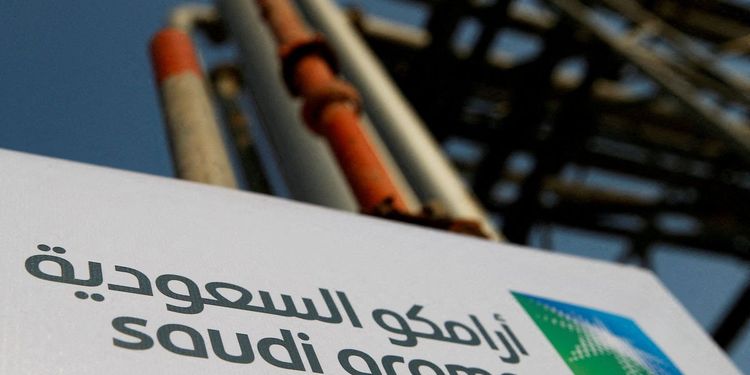The Saudis’ big oil cut begins. How long will it last?

A sign bearing the name of Saudi Aramco can be seen in a facility that deals with oil in Abqaiq, located in Saudi Arabia.
The Saudi Arabian decision to reduce oil production by 1 million barrels per day commenced on July 1st, causing some debate. This measure is aimed at increasing the prices of oil, which have been unimpressive throughout most of 2023. Earlier this year, the OPEC+ alliance, consisting of countries in the Middle East, Latin America, Africa, and Russia, shocked onlookers with their announcement of temporary cutbacks in output, leading to a temporary spike in prices.
As for Riyadh, it has asserted that this decrease will continue throughout July but highlighted its willingness to prolong it. This occurs as the international standard for unrefined petroleum has declined approximately 13% in worth this year, after the exorbitant prices witnessed last year due to Russia's conflict in Ukraine.
The Saudi Arabian government is optimistic that the rising demand from major purchasers such as India and China will help maintain stability in oil prices in the coming months. They are relying on this to support their ambitious economic objectives. However, numerous economists argue that various factors, such as the ongoing increase in interest rates and China's slower recovery than anticipated, will continue to hinder demand until 2023. Additionally, concerns about economic recessions in affluent nations further contribute to this challenging situation.
However, is there a possibility that this strategy could have negative consequences? Riyadh runs the risk of upsetting Beijing, its top purchaser of crude oil, if oil prices rise excessively. Additionally, an escalation in oil prices could worsen worldwide inflation, leading the US Federal Reserve and European Central Bank to once again raise interest rates. This subsequent action might subsequently hinder economic growth and diminish the demand for oil.
The upcoming quarter holds great importance, and the Saudis must handle their situation with caution.





























































